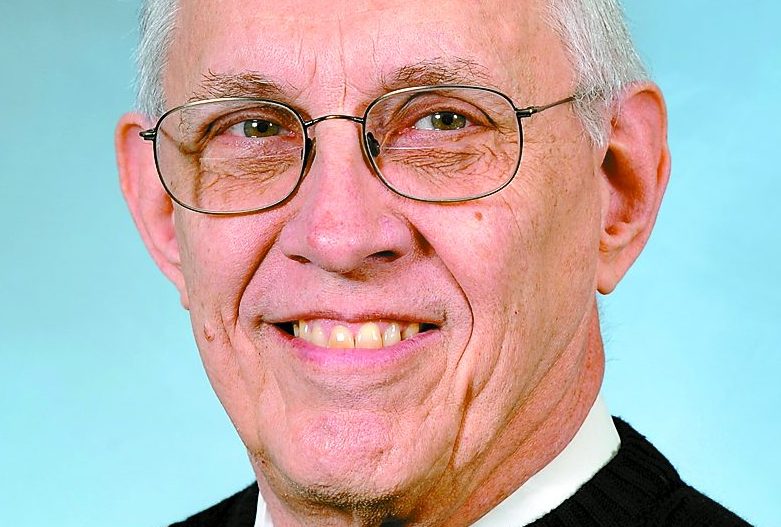Witt: History of not so much freedom
Published 1:05 pm Tuesday, May 21, 2019

- Chuck Witt is a retired architect and a lifelong resident of Winchester.
Americans rejoice in believing — and often boasting of the suggestion — they live in one of the freest societies on the planet, where citizens have broad rights delineated in the Constitution.
For the most part, it’s true.
But it has not always been so, and concerns are often expressed it may not be so in the future, perhaps the very near future.
The first curtailment of citizen rights occurred shortly after we became a nation, by the Alien and Sedition Acts of 1798.
These were a combination of four specific acts passed by Congress and signed into law by then-President John Adams.
One of these acts criminalized making false statements that were critical of the government (the Federalists at that time) and led to the conviction and prosecution of many newspaper owners who favored Jefferson.
The Democratic-Republicans (imagine that party today), led by Thomas Jefferson, were critical of the acts and won the elections of 1800, after which the acts were left to expire except for the Alien Enemies Act, which is still in effect and was used during World War II to identify and imprison “dangerous enemy aliens” from Germany, Italy and Japan.
In 1863, President Abraham Lincoln was given authority by vote of Congress to suspend habeas corpus.
Criticism of this action arose not so much because of objections to the law itself, but to the fact the law, as passed, did not specifically suspend habeas corpus during the time of war, but bestowed that power on the president.
Naturally it was used to silence not only those opposed to the war, but those opposed to the administration.
The Sedition Act of 1918 was really an extension of the Espionage Act of 1917, designed to suppress a wider range of offenses, notably speech and the expression of opinion that cast the government in a negative light. It forbade the use of “disloyal, profane, scurrilous, or abusive language” about the government, the flag or the armed forces”.
Several members of the IWW (Industrial Workers of the World, a left-wing organization) were prosecuted under this law, most notably Eugene Debs.
The Alien Enemies Act of 1798 was still in effect at the beginning of World War II, recodified as part of 50 USC 21-24 and led to Executive Order 9066, the infamous — and perhaps the most heinous action ever officially countenanced by the federal government — act signed by President Theodore Roosevelt which resulted in the internment of some 110,000 Japanese Americans, 64 percent of whom were American citizens, not aliens, and from whose internment arose the 442nd Regimental Combat Team, composed entirely of Japanese-Americans and was the most decorated unit of its size during the war.
In the 1950s, the nation was beset by the machinations of Sen. Joseph McCarthy, who sought “communists and red sympathizers under every rock.”
McCarthy was so successful in his tirades, his distortions, lies and exaggerated claims he managed to cow the Congress, the presidency and most of the American people.
His congressional hearings vacuumed large numbers of prominent people into his lair, actors, singers, directors, many Hollywood celebrities who he apparently believed had left-leaning tendencies.
Many lost their livelihood because they would not acquiesce to his demands to reveal their associations.
It was a time of wide-ranging paranoia and a time when civil liberties teetered on the brink of being destroyed.
That same paranoia can manifest itself at any time, when a ‘common enemy’ is fabricated.
One of the costs of democracy is eternal vigilance … and eternal resistance to demagoguery.
And 50 USC 21-24 is still in effect.
Chuck Witt is a retired architect and a lifelong resident of Winchester. He can be reached at chuck740@bellsouth.net.





